
- Article
- Article
A medieval guide to practical magic
With few sources of effective help available when treating an injured patient, the medieval physician could instead stage a healing ceremony using a practical how-to guide he carried with him.
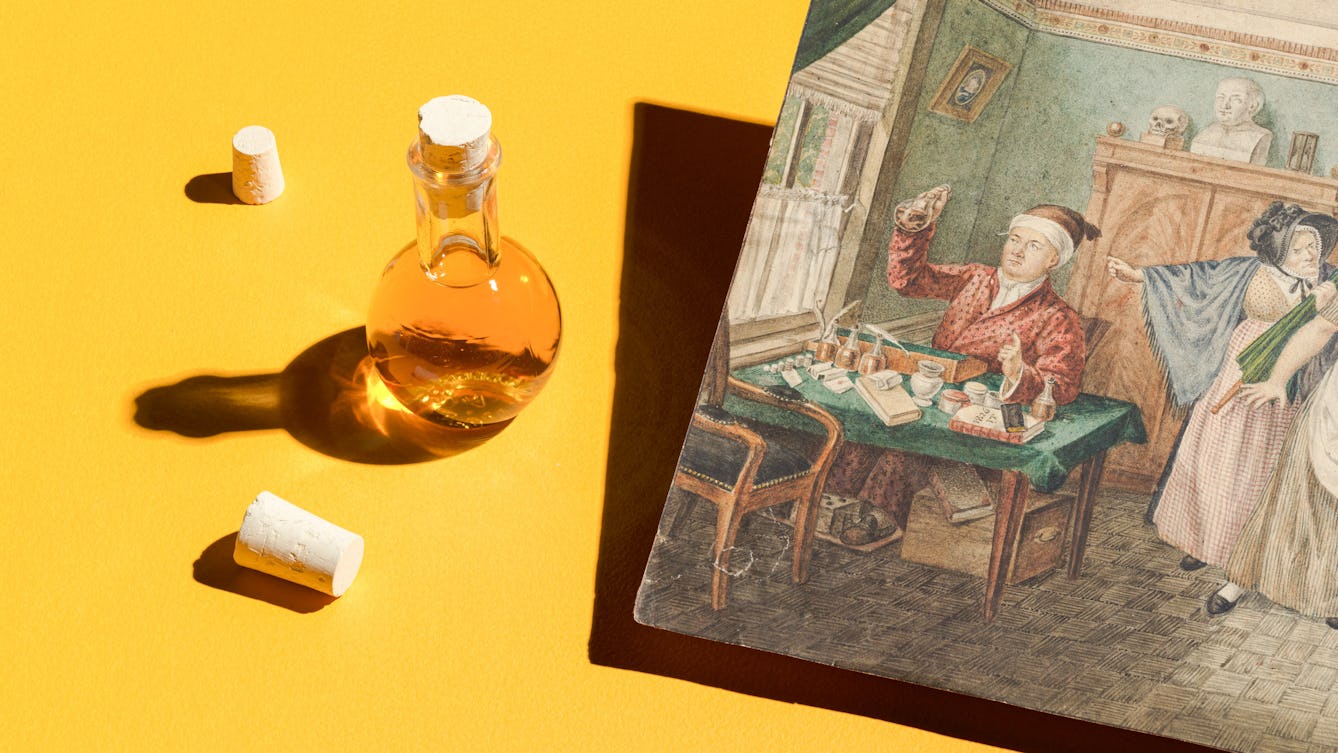
- Article
- Article
Remote diagnosis from wee to the Web
Medical practice might have moved on from when patients posted flasks of their urine for doctors to taste, but telehealth today keeps up the tradition of remote diagnosis – to our possible detriment.

- Photo story
- Photo story
Beautiful bedding and how to die well
When you are unwell, your bed can be both a refuge and a prison. Discover how artist Poppy Nash created a bed-centred artwork inspired by her own chronic illness and depictions of ill health from history.
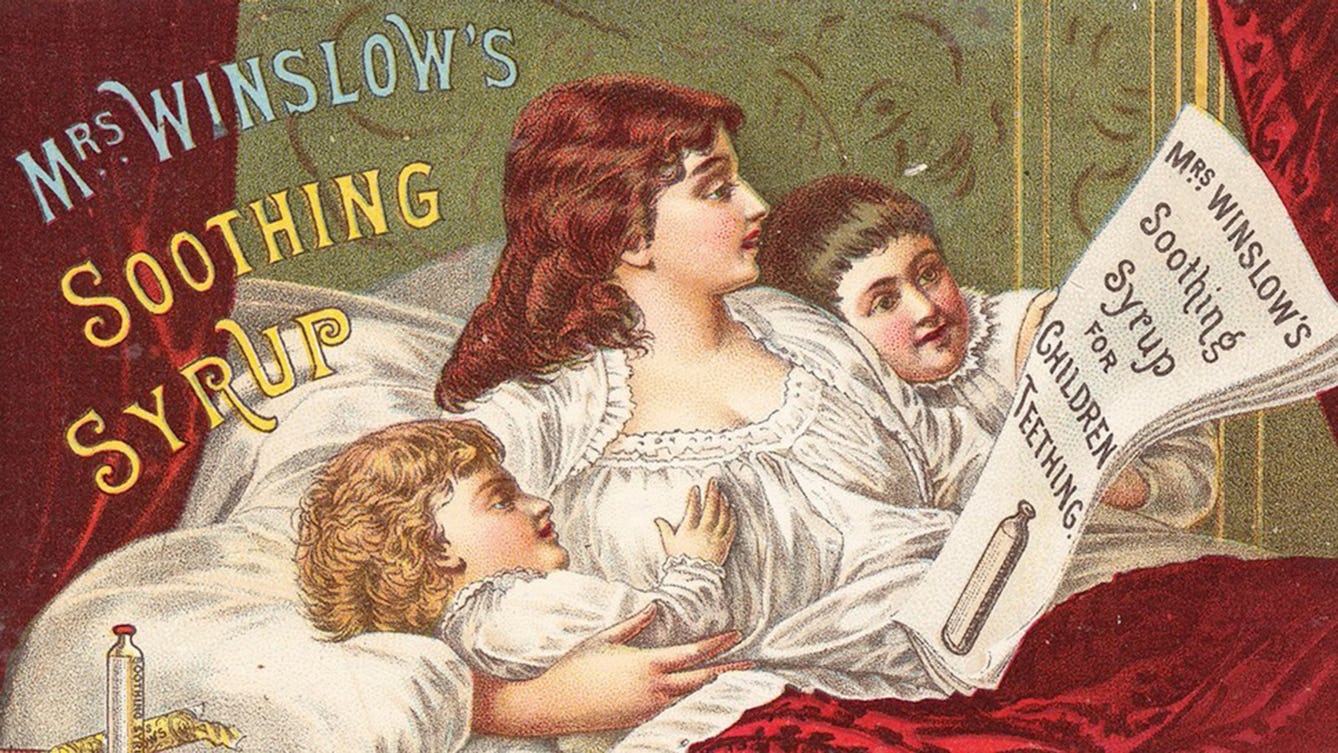
- Article
- Article
The poor child’s nurse
Charming family scenes in Victorian ads for children’s medicines were at odds with some of the dangerous ingredients they contained.
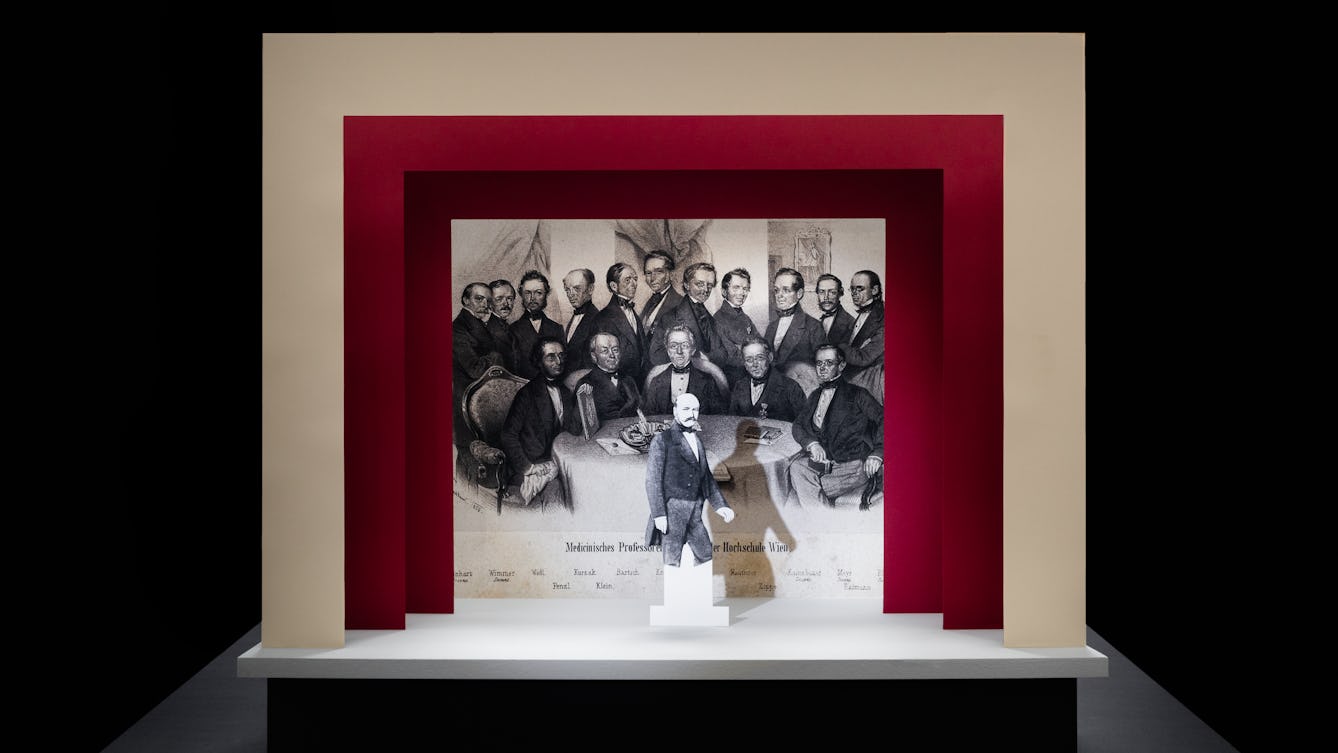
- Article
- Article
The father of handwashing
Doctors performing autopsies and then delivering babies – with not a hint of soap in between – was the grim recipe producing a lot of motherless offspring in the 1800s. But one man’s gargantuan efforts to upend accepted medical thinking turned the tide.

- Book extract
- Book extract
Ayurveda: Knowledge for long life
The story of medicine in India is rich and complex. Aarathi Prasad investigates how it came to be this way.

- Long read
- Long read
Healthy scepticism
Healthcare sceptics – like those opposed to Covid-19 vaccinations – often have serious, nuanced reasons for doubting medical authorities.

- Article
- Article
The prostitute whose pox inspired feminists
Fitzrovia, 1875. A woman recorded only as A.G. enters hospital and is diagnosed with syphilis.
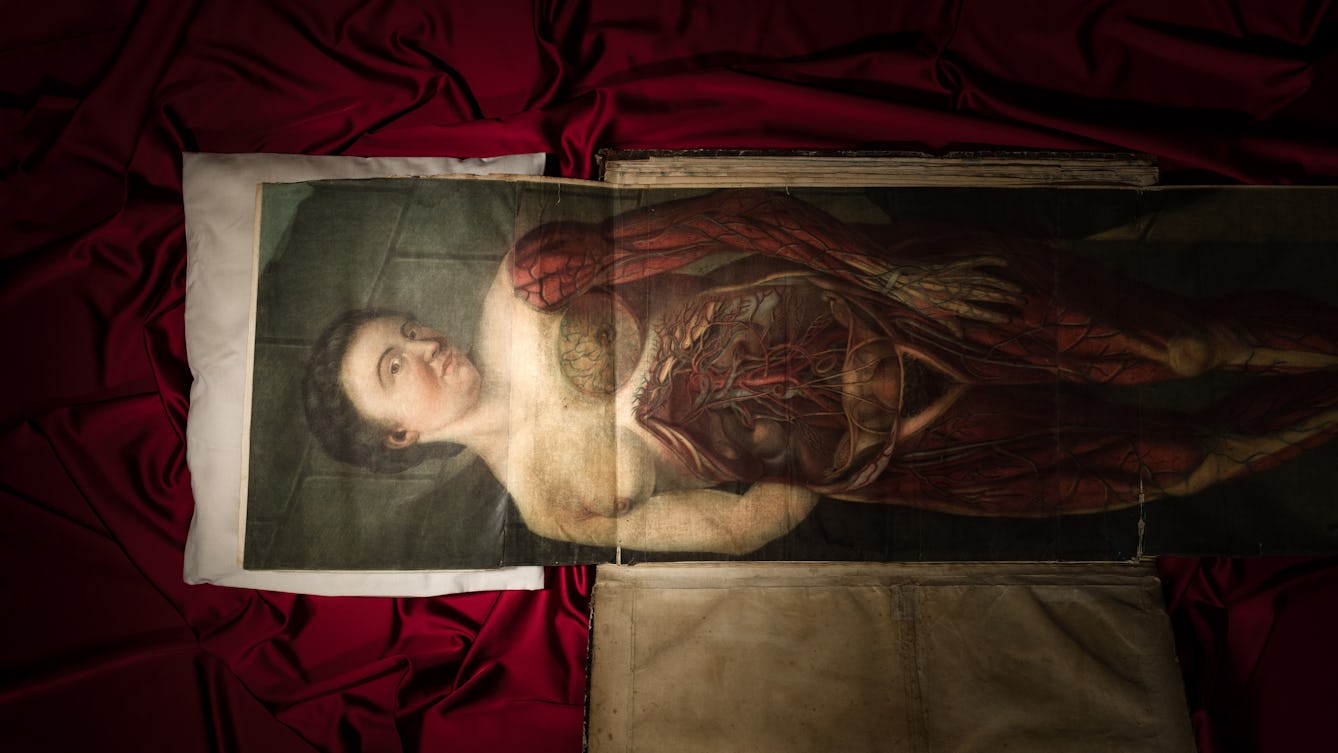
- Article
- Article
Printing the body
The 18th century saw multiple technical developments in both printing and medicine. Colourful collaborations ensued – to the benefit of growing ranks of medical students.

- Article
- Article
The meanings of hurt
In the early modern period, gruesome incidents of self-castration and other types of self-injury garnished the literature of the time. Alanna Skuse explores the messages these wounds conveyed.

- Article
- Article
How do advertisers get inside our heads?
Vance Packard exposed techniques of mass manipulation developed by 1950s advertisers that are still at work today in the age of big data.

- Article
- Article
A symbol of a lost homeland
The story of one protective amulet from Palestine reveals a complex tale. Encompassing the personal history of an influential doctor and collector, it provides a window onto dispossession and exile, and the painful repercussions that are still felt today.

- Article
- Article
In search of the ‘nature cure’
Under the competing pressures of modern life, many of us succumb to mental ill health. Samantha Walton explores why so-called ‘nature cures’ don’t help, and how the living world can actually help us.

- Article
- Article
Cocaine, the Victorian wonder drug
Today, cocaine has a very poor public image as one of the causes of crime and violence. But for the Victorians it was welcomed as the saviour of modern surgery.

- Book extract
- Book extract
The 200-year search for normal people
Sarah Chaney poses the question we’ve likely all asked at some point in our lives: 'Am I normal?’, and explores whether normality even exists.

- Article
- Article
Hunting lost plants in botanical collections
A bark specimen at Kew recalls the story of a South American man who harvested the most potent source of the only effective malaria treatment available in the late 1800s. Killed for his work and forgotten by history, Manuel Mamani was a victim of the colonial juggernaut.

- Article
- Article
The child whose town rejected vaccines
Gloucester, 1896. Ethel Cromwell is taken ill at the height of Britain’s last great smallpox epidemic.
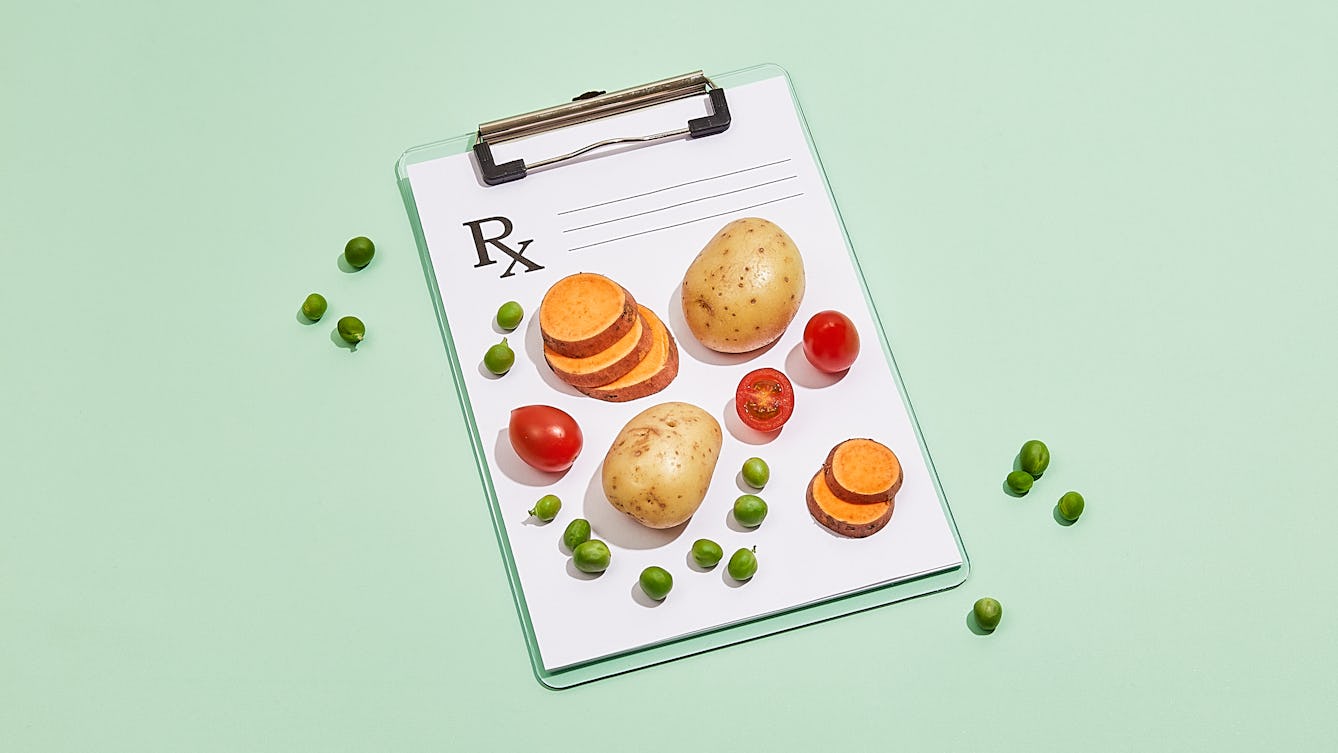
- Article
- Article
Natural eating in Jamaica and the Caribbean
Riaz Phillips is passionate about the Jamaican food he grew up with and plant-based Caribbean food he came to later, like roti, baiganee and vegan stews and curries. Here he explores the origins and surging popularity of these natural ‘health foods’.

- Article
- Article
When monarchs healed the sick
Our current Queen fortunately doesn’t have to spend hours laying hands on the sick to cure them. But it was a different story for monarchs of the early modern era, whose touch was a sought-after treatment for scrofula.

- Article
- Article
My mother, and metaphors of a pandemic
A pandemic. Two members of one family, living thousands of miles apart. And months of calls and messages that helped them grow closer.
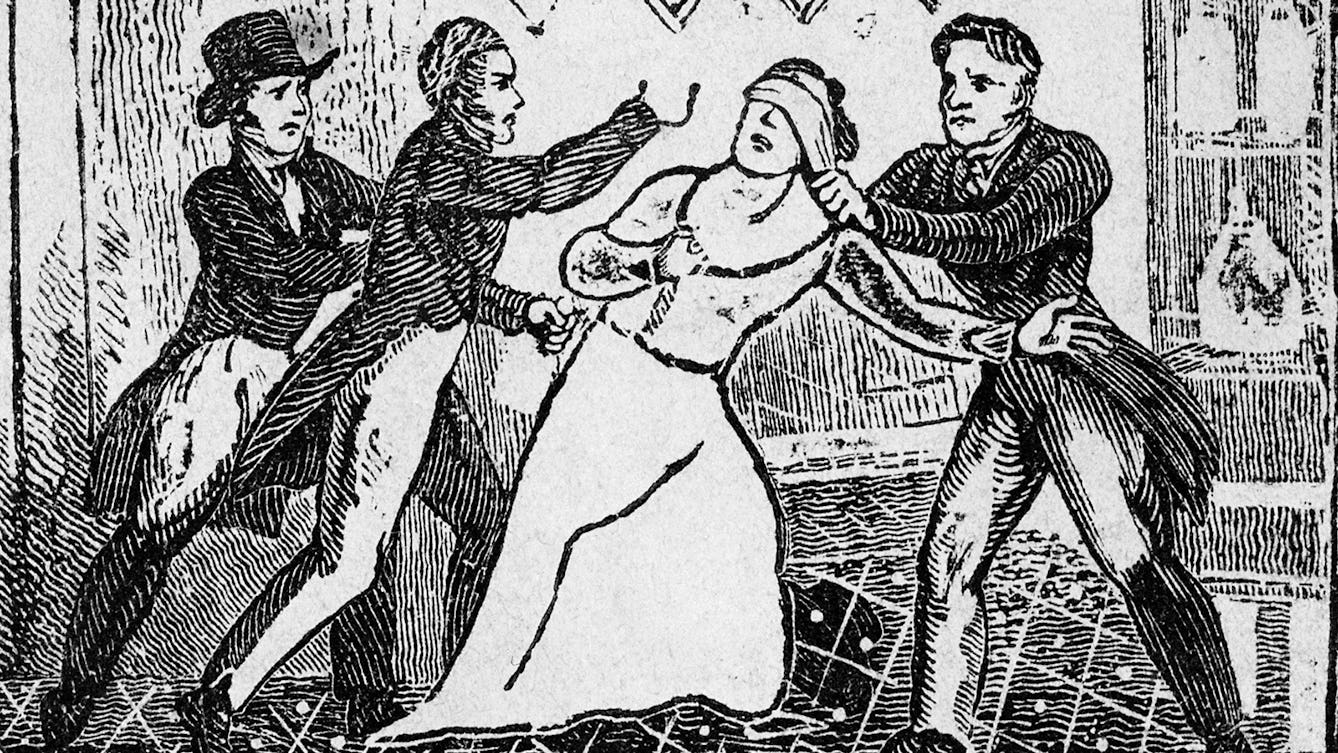
- Article
- Article
The rise and fall of a medical mesmerist
Uncover the fascinating story of the doctor who popularised hypnotism as a medical technique, and could name Dickens among his famous friends.

- Long read
- Long read
The ambivalence of air
Daisy Lafarge investigates the effects of air quality and pressure on body and mind, exploring air as cure, but one with contradictions.

- Article
- Article
Shakespeare and the four humours
Blood. Phlegm. Black bile. Yellow bile. The theory of the four humours informed many of Shakespeare's best-known characters, including the phlegmatic Falstaff.

- Article
- Article
The making of ‘Quacks’
How do you create a medical comedy that’s authentic and laugh-out-loud funny?

- Article
- Article
Believe yourself better
There’s more to recovery than medication. In future, our unconscious minds could be recruited to put a positive spin on our health problems, helping us feel better faster.